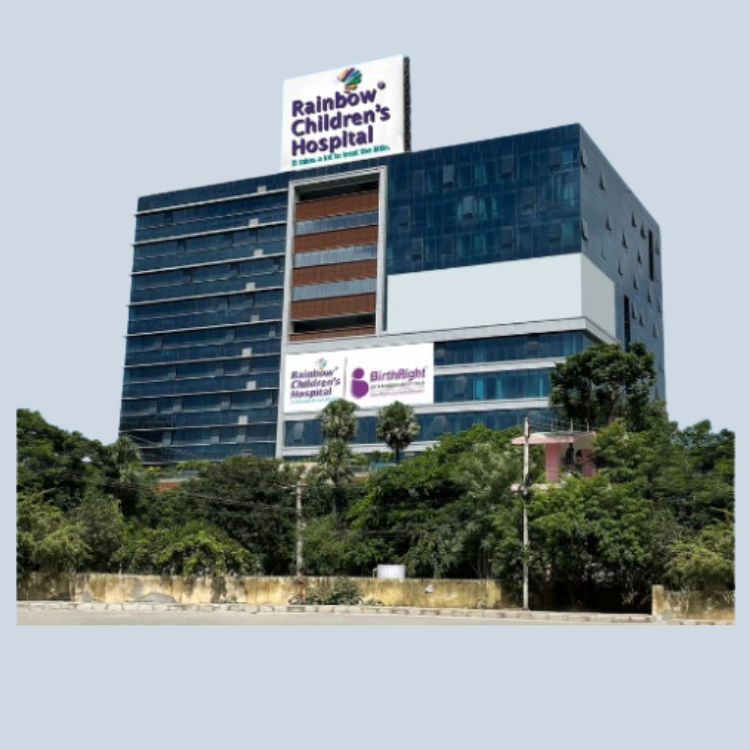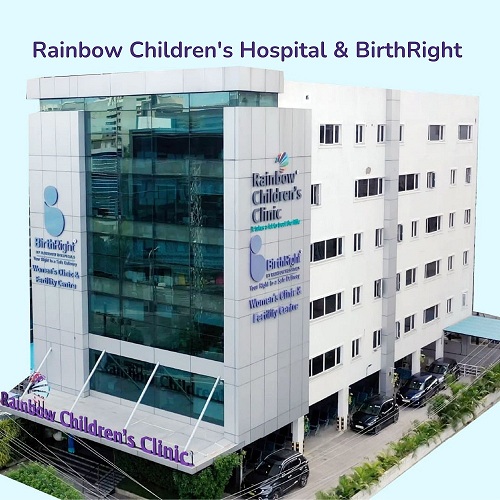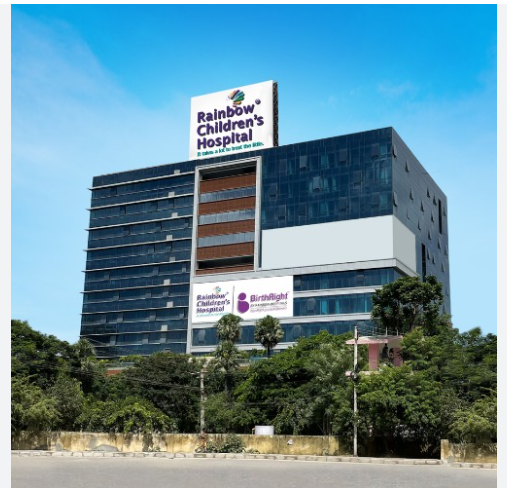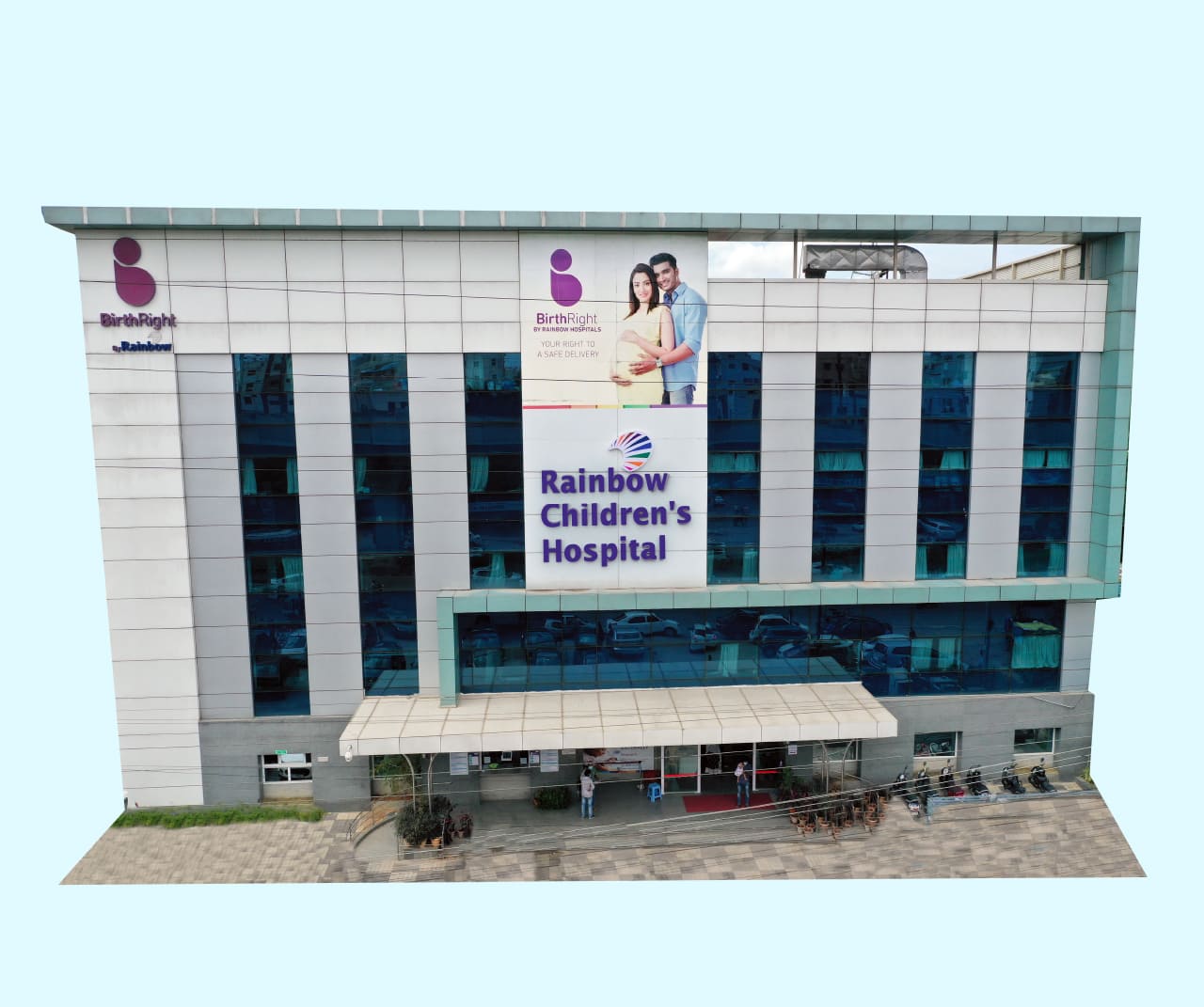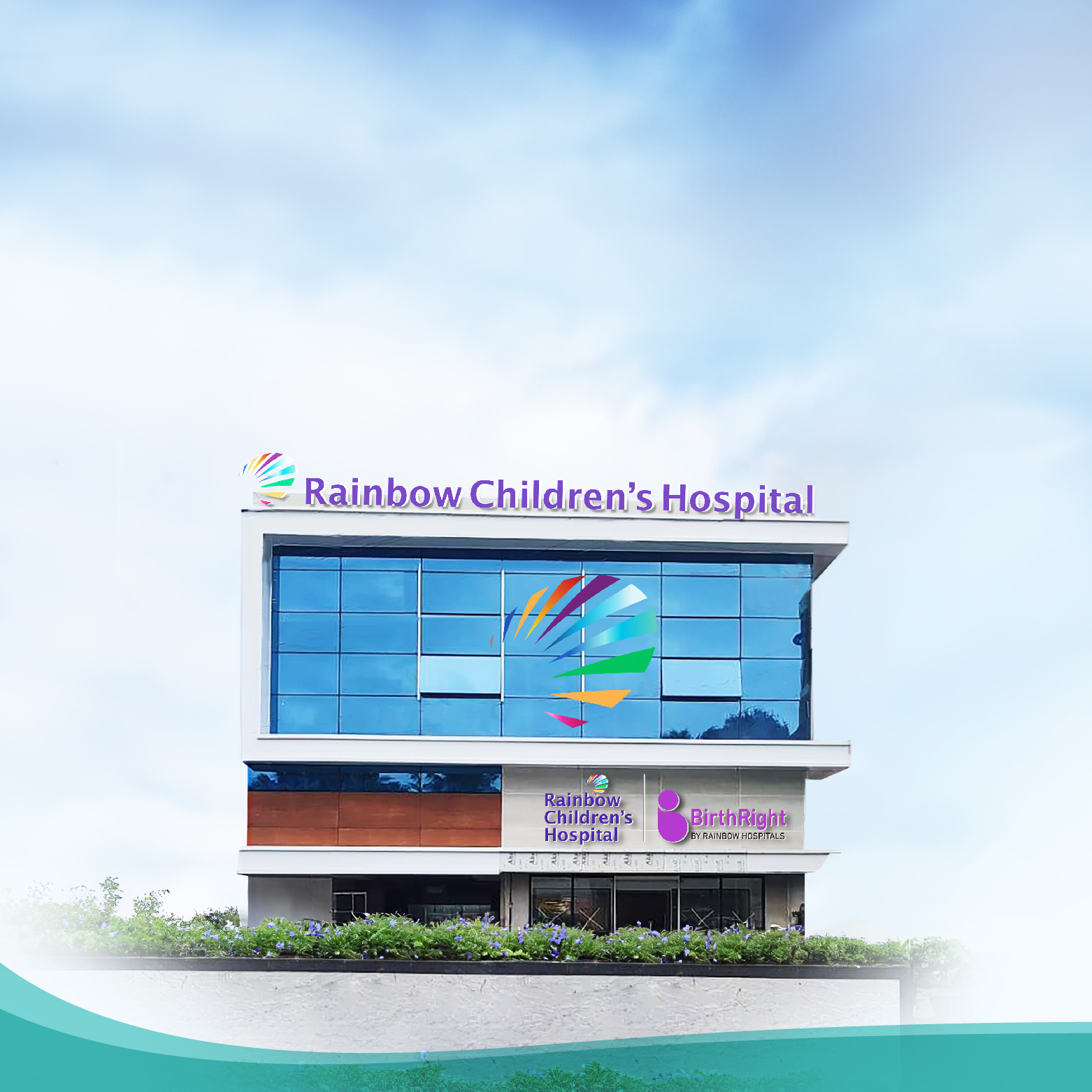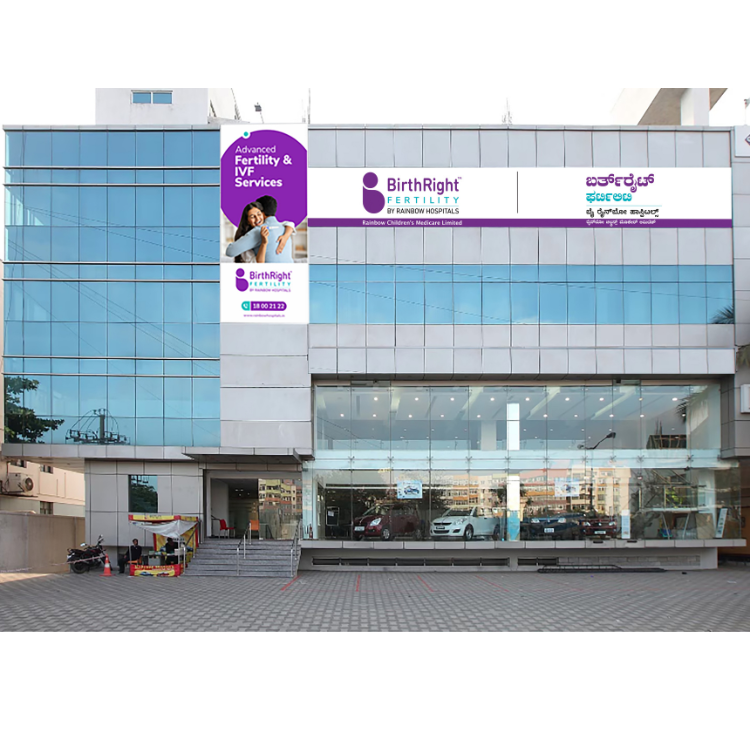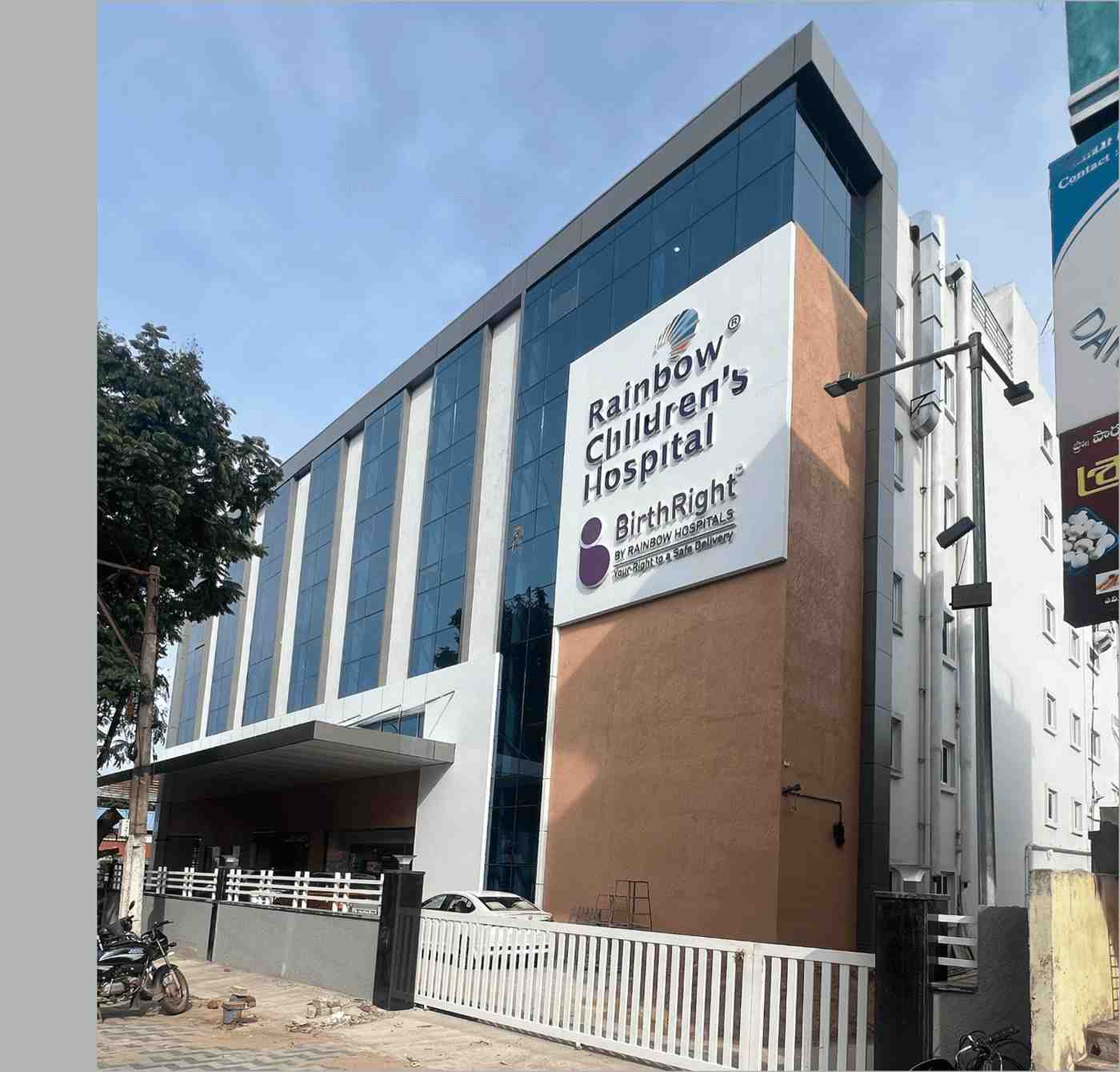Find a Doctor
Expertise you can trust, Meet our esteemed doctors who bring exceptional knowledge, compassion, and innovation to provide top-notch care for your health and well-being.
Famous Infertility Specialist In India
Rainbow Children's Hospital is a renowned medical facility in India that is home to some of the most famous infertility specialists in the country. Couples struggling with infertility can seek the help of these specialists who are experts in providing effective infertility treatments.
The infertility specialists at Rainbow Children's Hospital have a wealth of experience in treating various types of infertility problems, such as male and female infertility, PCOS, endometriosis, and more. They use advanced technologies and state-of-the-art equipment to diagnose and treat infertility, ensuring the best possible outcomes for their patients.
Their commitment to providing compassionate care and support has made them famous infertility specialists in India. They understand the emotional and psychological toll infertility can take on couples and provide personalized treatment plans that take into account their unique needs and concerns.
For those seeking infertility treatment, Rainbow Children's Hospital is the ideal choice for top-notch medical care and support.

Leading Hospitals
Rainbow Children's Hospital stands as a testament to the hospital's continual pursuit of excellence and innovation, providing specialized care for women and children.
Blogs
Discover our most recent health articles provided by our reliable experts.
Common causes of infertility in women include ovulatory disorders,
fallopian tube blockages, endometriosis, and age-related decline in fertility.
Common causes of infertility in men include low sperm count, poor sperm
motility, abnormal sperm morphology, and reproductive system disorders.
Infertility is diagnosed through a series of tests that may include a medical
history review, physical exams, blood tests to check hormone levels, imaging
studies (such as ultrasound or hysterosalpingography), semen analysis for men,
and specialized tests like hysteroscopy or laparoscopy to assess the
reproductive organs. The specific tests performed depend on the suspected cause
of infertility and may vary from person to person.
Treatment options for infertility include fertility medications (such as
clomiphene citrate or gonadotropins), procedures (such as intrauterine
insemination or hysteroscopy), and assisted reproductive technologies (ART)
like in vitro fertilization (IVF), intracytoplasmic sperm injection (ICSI), and
donor gametes (eggs or sperm) for those with severe infertility issues. The
specific treatment plan depends on the underlying cause of infertility and
individual circumstances, and should be discussed with a healthcare provider.
Lifestyle changes that can improve fertility and increase the chances of
getting pregnant include maintaining a healthy weight, avoiding smoking and
excessive alcohol consumption, managing stress, getting regular exercise,
practicing safe sex, and optimizing overall health with a balanced diet and
prenatal vitamins. Consulting with a healthcare provider for personalized
recommendations is advisable.
Infertility can have emotional and psychological impacts such as stress,
anxiety, depression, grief, and strain on relationships. Managing these impacts
may involve seeking support from loved ones, joining support groups, seeking
counseling or therapy, practicing self-care, and considering alternative paths
to parenthood. Professional help and open communication with a healthcare
provider can also be beneficial in managing the emotional and psychological
impacts of infertility.
There is limited scientific evidence supporting the effectiveness of
natural or alternative remedies for infertility, such as herbal supplements or
acupuncture. It's important to consult with a qualified healthcare provider for
evidence-based medical treatments.




































